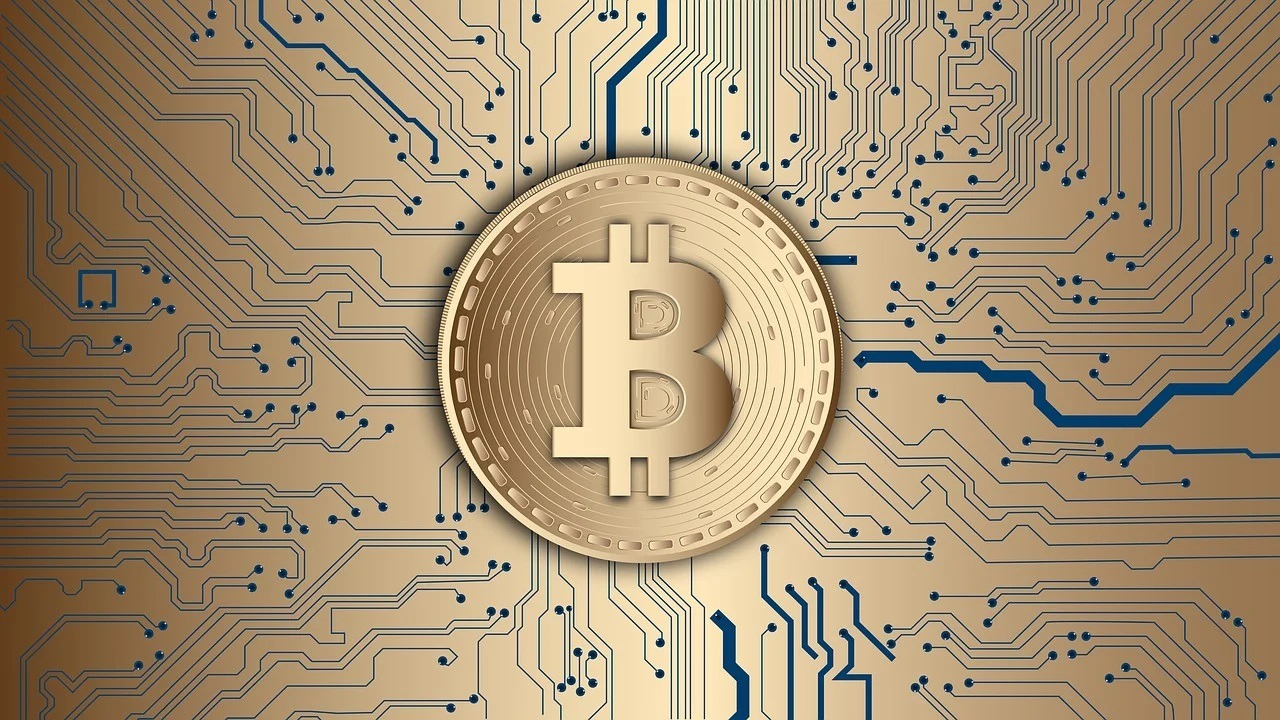Should we start worrying about news of a ‘cabinet note’ proposing a crypto ban in India? What is a cabinet note? How soon will this cabinet note turn into a law? Can the ban be introduced as a money bill or in the upcoming monsoon session of the Parliament?
A. Introduction:
In November 2017, an inter-ministerial committee was formed to study the issues related to virtual currencies and propose specific action to be taken in this matter.[1] In July 2019, the committee released its report along with the draft “Banning of Cryptocurrency & Regulation of Official Digital Currency Bill, 2019” (“2019 Bill”).[2] Though the government had informed the Supreme Court that this draft bill would be introduced in Parliament in its Winter Session in 2019, this ultimately did not happen.[3]
In the meanwhile, the Supreme Court quashed the RBI’s circular banning cryptocurrencies.[4] So, for all practical purposes, private cryptocurrency products are currently legal in India. However, around mid-June, there were news reports that the Department of Economic Affairs, which comes under the Ministry of Finance, has circulated a ‘cabinet note’ proposing a similar law (“2020 Bill”). Currently, the cabinet note has been circulated to seek comments from other departments. But what is a cabinet note? And how soon will this cabinet note turn into a law? Can the ban be introduced as a money bill or in the upcoming monsoon session of the Parliament?
B. Stages of the law-making process in India:
Circulation of a cabinet note is one of the stages in the law making process in India, as explained below briefly[5]–
- Formulation of the legislative proposal: The concerned ministry/department formulates a legislative proposal in consultation with all the relevant authorities. In the case of the 2019 Bill, this stage was replaced by the deliberations of the IMC, which drafted the first version of the Bill. However, it is possible that the Ministry of Finance may have drafted a fresh legislative proposal after the Supreme Court judgement.
- Consultation with Ministry of Law and Justice (“MLJ”): The legislative proposal is referred to the MLJ for its advice on the bill’s feasibility from a legal and constitutional point of view. In this case, the MLJ may have suggested changes in the language of the 2019 Bill in lieu of the Supreme Court’s judgement striking down the RBI circular.
- Circulating an office memorandum to the MLJ: The Finance Ministry would have circulated an ‘office memorandum’ to the MLJ, which will contain- (a) complete details of the legislative proposal; (b) the entire background material; (c) all other details relevant to the proposed Bill, and (d) a draft note for the Union Cabinet. Based on this office memorandum, the MLJ will prepare a draft Bill within a recommended, but not mandatory, period of 30 days after receiving the proposal from the Finance Ministry.
- Submitting Cabinet Note: The draft cabinet note sent to MLJ is finalized after consulting other ministries/departments. Additionally, once the MLJ’s draft of the Bill is accepted by the Finance Ministry, a Cabinet Note is sent to the Cabinet Secretariat for its approval. The Cabinet Note will include, among other things, the copy of the 2020 Bill and its implications.
- Introducing the bill in Parliament: Once the bill receives the approval of the Union Cabinet, it can be introduced in Parliament.
As per news reports,[6] it seems that the draft cryptocurrency bill is currently at stage 3 i.e. the draft cabinet note is currently being circulated to different ministries for their comments. This probably means that the MLJ is also finalizing the draft 2020 Bill for sending it to the Ministry of Finance. Once both the 2020 Bill and the Cabinet Note are finalized, it will go to the Union Cabinet for approval. After receiving the Union Cabinet’s approval, it will be introduced in Parliament.
There is no way to know how long it will take for the MLJ to finalize the 2020 Bill, and how long it will take for the Finance Ministry to finalize the Cabinet Note. However, this will definitely be a long drawn process, as other ministries and departments will take time to submit their comments. Additionally, the Ministry of Finance will also not be in a hurry to send the finalized Cabinet Note as they have other pressing COVID-19 related concerns right now.
C. Can the 2020 Bill be introduced in Parliament as a Money Bill?
The probability of the 2020 Bill being introduced in the Parliament as a Money Bill is low. There are specific grounds for a bill to qualify as a ‘Money Bill’. Such a bill must deal with – (a) imposition, abolition, remission, alteration or regulation of any tax; (b) regulation of borrowing of money or giving of guarantee by the Indian government; (c) amendment of a law for any financial obligations undertaken by the Indian government; (d) appropriation of money from, declaration of any expenditure or receipt of any money into the Consolidated Fund of India; (e) custody of the Consolidated Fund or the Contingency Fund of India, including payment or withdrawal of money from these funds.
The 2020 Bill does not satisfy these conditions. Even though the Aadhaar judgement somewhat expanded the test for determining whether a bill is a money bill,[7] the 2020 Bill will not satisfy that test. Assuming that the language of the 2020 Bill will not be very different from the 2019 Bill, there will be no provisions in the 2020 Bill involving any tax or any appropriation or expenditure of money from the Consolidated Fund of India.
D. Observations:
- This is the third version of a bill that the government has sought to introduce to regulate cryptocurrency.[8] This shows that the government is quite keen on bringing a law to regulate cryptocurrency, and possibly even prohibit it. However, the fact that it has taken three attempts (with the outcome of the third attempt still pending) shows how the government itself is undecided on this issue, and has not taken a final call on this.
- The news reports about a draft cabinet note being prepared along with the 2020 Bill are purely speculative, based on an anonymous government official’s statements. It is difficult to estimate the exact stage at which the 2020 Bill is right now. At the most, one can say that the government has initiated the process for it. Additionally, the probability of the 2020 Bill getting introduced in the upcoming monsoon session is remote. It has been reported that this session will only be held for a period of two weeks in August-September 2020 on alternate days i.e. the Parliament will convene for a total of 5-6 days.[9] It is unlikely that with such little time, the government will prioritize the 2020 Bill.
- In light of the COVID-19 pandemic, the government will likely focus on high priority areas for the next few months. The 2020 Bill, while important, may not be a pressing issue for the government right now. This is also why the government will not choose the ordinance route to enforce the 2020 Bill.
(Authored by Arpit Gupta with inputs from Anirudh Rastogi)
For more on this topic, please reach out to us at contact@ikigailaw.com
[1]https://dea.gov.in/sites/default/files/Approved%20Press%20Release%20on%20the%20Report%20and%20Bill%20of%20the%20IMC%20on%20VCs%2022%20July%202019.pdf.
[2]https://www.prsindia.org/sites/default/files/bill_files/Draft%20Banning%20of%20Cryptocurrency%20%26%20Regulation%20of%20Official%20Digital%20Currency%20Bill%2C%202019.pdf.
[3] https://news.bitcoin.com/indian-government-delays-introducing-cryptocurrency-bill/.
[4] Internet
and Mobile Association of India v. Reserve Bank of India, Writ Petition (Civil)
No. 528 of 2018, Judgement dated 04 March 2020, https://main.sci.gov.in/supremecourt/2018/19230/19230_2018_4_1501_21151_
Judgement_04-Mar-2020.pdf (“IAMAI judgement”).
[5] See ‘Chapter 9: Legislation’, Manual of Parliamentary Procedures in the Government of India, Ministry of Parliamentary Affairs, 2019, https://mpa.gov.in/sites/default/files/English_Manual_06092019.pdf.
[6] https://www.livemint.com/politics/policy/government-may-introduce-law-to-ban-private-cryptocurrencies-11591974672019.html.
[7] https://www.barandbench.com/columns/aadhaar-money-bill-controversy.
[8] Before the 2019 Bill, the IMC had apparently submitted a draft bill known as Crypto Token and Crypto Asset (Banning, Control and Regulation) Bill, 2018. However, this was replaced by the 2019 Bill. See para 2.25, IAMAI judgement.
[9] https://economictimes.indiatimes.com/news/politics-and-nation/centre-plans-2-wkmonsoon-session/articleshow/76631957.cms.










